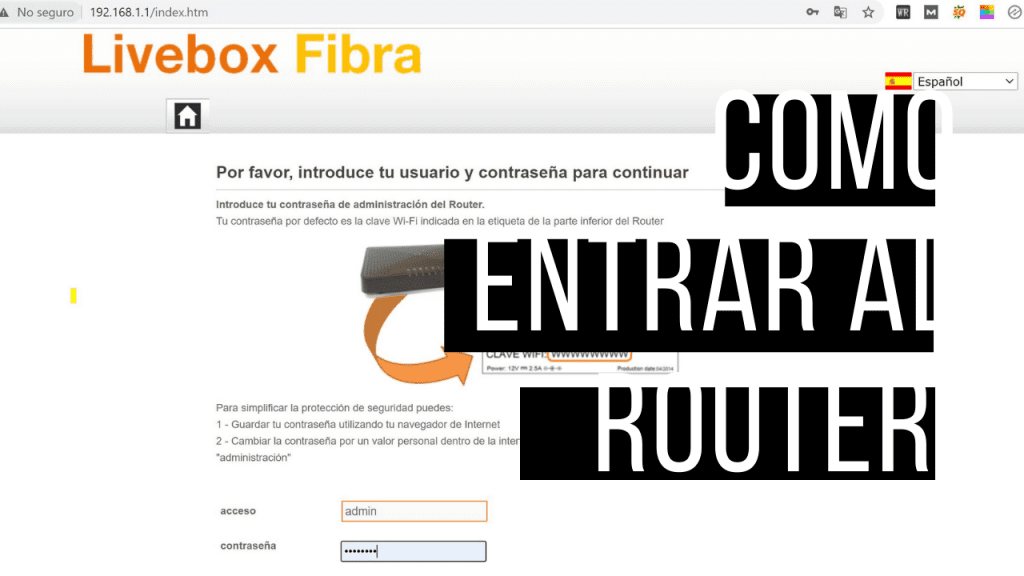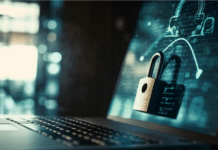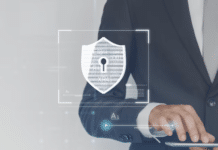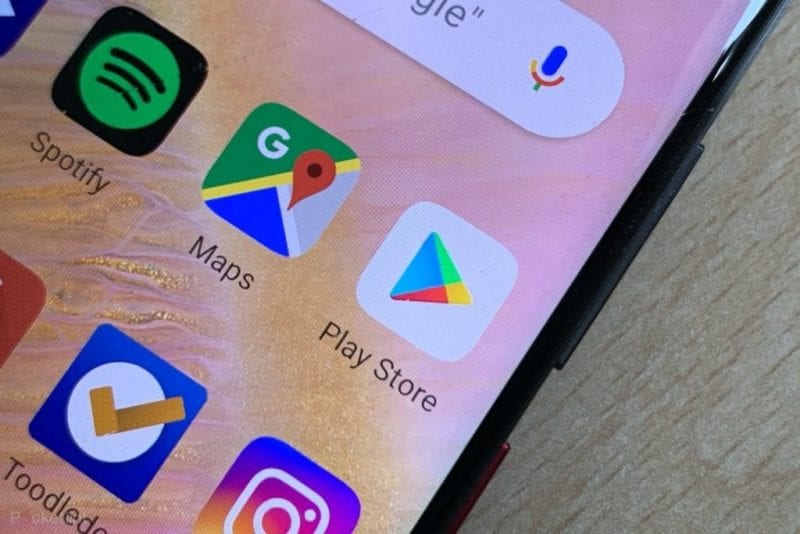The daily hustle and bustle in which we are involved forces us to carry out such daily activities that, without realizing it, can lead us to imminent danger to our health. private and computer security. On more than one occasion someone has made a phone transfer on the way to work or made a digital sale while traffic clears. However, accompanying the advancement of technology are methods of theft of electronic data to commit crimes. Luckily for everyone, there are many indications to protect ourselves from this type of threats. In this article we show 10 security tips for your online banking.

Article Content
4 financial crimes – how to act?
Every day, cybercriminals specialize in techniques to steal from their victims. To the surprise of many, his level of creativity exceeds the wildest possibilities. Below we will present you the 4 financial crimes linked to online banking that, if we do not take care of ourselves, we will end up being robbed.
1. Virus software
Of all the forms of scams, this is one of the most implemented, which is why we place it in first place. One day you may receive a suspicious email urging you to pay a sum of money due to late interest, and the details of the debt appear. specifically described in a message attachment.
Surely you are unaware of the debt, you download the attached file and when you try to open it to find out about them, the file does not open. You conclude that it is a mistake and you have the balance in your favor.
Surely, there was never any debt, but cybercriminals, through that suspicious file, installed malware on your computer that can copy everything you do, stealing easily your passwords and other confidential data. With this, web pirates can carry out scams, false transfers or redirect them to other accounts; When you realize it, it will be too late.
2. Online payments
Making purchases online using your card is a good option, however, you may encounter a dishonest seller who will never send you the merchandise.
Frequently, when making a payment, we have to enter the CVV / CVC code of our card and if the store where we buy is not a legal place, we have provided the bank details to a criminal, who if there is no problem can empty it into minutes our balance.
3. Fake apps
To achieve full access to our bank accounts we often download and install bank applications on our smartphone. However, we almost never pay attention to the origin of the downloaded application and install it just because we see the bank logo, but it may be a malicious software, Also called malware which will steal your data.
We also advise against saving your passwords on a laptop or phone, because we do not know if a third party can take possession of your device and steal your login details and commit illicit activities.
4. Identity theft
In several cases a person receives a contact (phone call or email) from someone who pretends to be a bank worker and asks for information that allows you to log in to online banking.
Special care must be taken in these cases, no bank employee has the right to request information that allows him or her to log in to the bank's network. For no reason do you give your data to third parties or strangers, much less if they notify you that for verification purposes, you have to give them your password.
Clicking on links in emails is also not a good idea: cybercriminals replace the bank's website with another one with a similar visual appearance that steals your information.
10 security tips to be careful when using mobile and Internet banking
The time has come to learn these techniques to outwit scammers and protect your bank accounts:
1. The correct password
If you want to take maximum care of your money, start by creating a secure password that is only used to log in to that bank account. The password should be unconventional and complicated, have uppercase and lowercase letters, as well as numbers and other alphanumeric characters. In many portals, while we write the password, we obtain information about its security level, it is best to leave this level as high as possible.
It is also essential to change your password frequently, at least every 6 months. You may think it's annoying, but it's very important from a security point of view.
2. Activate notification SMS
Although it is one of the best alerts, this function is paid. It is worth purchasing it because all changes made to your account will be immediately notified. And with this you can react quickly and/or report a robbery to the bank, experience shows that cybercriminals do not steal large amounts immediately, but constantly withdraw small percentages, ensuring that the stolen person does not notice.
It is important to activate the login to the bank using an additional SMS password. It is best if another person knows your password, this way they will not be able to log in to your account, since you will receive an SMS that will validate the start of it.
3. Be careful with emails and attachments
Banks have our email addresses, and hackers use this resource to commit scams: in many cases they send an email telling you that pay a mysterious debt. It is best to delete the message immediately, never click on links sent by emails of dubious origin or do not download attachments that supposedly explain some strange detail. There is a high probability that These messages are from hackers who just want to infect your software and steal some data or hack your account and transfer all the funds to theirs.
4. Secure entry
If you already have a strong password and are going to log in to the bank's Internet panel, make sure it is the correct site, because cybercriminals can easily fake bank website and intercept passwords they enter when logging in.
Make sure the page you log in to has:
- Security Certificate: You can check the security of the website by clicking on the padlock.
- Encrypted connection: green padlock + “https://”
This is what a certified bank website should look like, where you can securely log in to your bank account. If the login page looks different and is not security rated, do not use it and report the problem to the bank.
5. Buy online only if the store is qualified
If you want to buy online using a card, you can do so, but with trusted sellers and avoiding suspicious stores, avoid buying in foreign stores. Providing card numbers on the Internet is very risky and can cause it to fall into the wrong hands and ultimately not get the order you paid for, you can also lose all the money you had in your account.
For this reason, avoid including your card numbers on strange store websites where you don't feel safe, and where you haven't purchased before.
6. Care of the equipment you use
Most of the time, we log in to the bank from computers, laptops or mobile phones and, of course, we must not forget to take care of the software we use. Check if:
- You use a firewall to protect you from all external attacks.
- You have legal software.
- You have an antivirus program; Look at your analysis reports.
- The software is up to date.
If you do not meet any of the requirements, update your device and take care of your online security.
7. Transaction limit
If you have a card for online transactions, set up a daily transaction adjustment. Thanks to this, if you lose your card or it is counterfeited, scammers will not spend your money immediately and you will have time to cancel the card.
8. Don't share passwords and logins
When someone from the bank contacts you, take all your security measures. Never give them your account username and password; No bank in the world requests it.
If for any reason someone from the bank calls you with a matter related to your card and asks for your card number for verification purposes. Consider that if it is a bank employee, then all the client's data must appear in the financial institution's system. These data are not delivered by phone.
9. Be careful at the ATM
When you need cash, you go to the bank, usually the ATM and withdraw the amount from there, but... be careful with ATMs. Many scammers can damage one of these devices and copy data from your card.
Therefore, every time you approach an ATM, look at it closely and check if it has any damage anywhere, check that the keyboard is not overlapped. Also, avoid ATMs located in low-traffic places, as these are usually under the gaze of criminals. It is better to use those located in the bank, which often have security cameras.
10. Login control
When you log in to online banking, check if any unauthorized person entered your account before. Memorize all login dates, and check if there is any beginning de session in the last days, where it has not been you.
Report any such situation to the bank and make sure to change the password, it is possible that the previous data is in the wrong hands and your finances are at risk.
What to do when we believe that our data has fallen into the wrong hands?
It may happen that we lose the phone where we log in to go to mobile banking or that the computer has a virus and little by little our amount of money disappears under inexplicable circumstances.
Never underestimate this type of situation, because lack of attention generates unpleasant consequences. Always stay calm and follow these tips:
- If you lose your card or you think someone stole your data: Block it and inform the bank.
- If someone stole your passwords and logins, change them quickly and notify the bank.
- Inform the banking institution about any situation that worries you even in the slightest degree.
A quick and efficient response is capable of preventing any bad moment of theft of your data, which is quite relevant for the excellent management of your finances.
In conclusion
Every day we access our bank account through a computer, phone or tablet. Currently, few people go to the bank's headquarters to carry out various matters, it is more convenient and faster to execute everything necessary from the bank's online panel. But sometimes, that instantaneity does not mean that the movements are completely safe. For this reason, it is essential to pay attention if we take all security measures when: logging into the bank, withdrawing money from an ATM and the telephone conversation with a supposed representative of the financial institution.

Expert in SEO/SEM and communication on social networks.
CEO at tecnologia.net and passionate about everything related to technological progress





